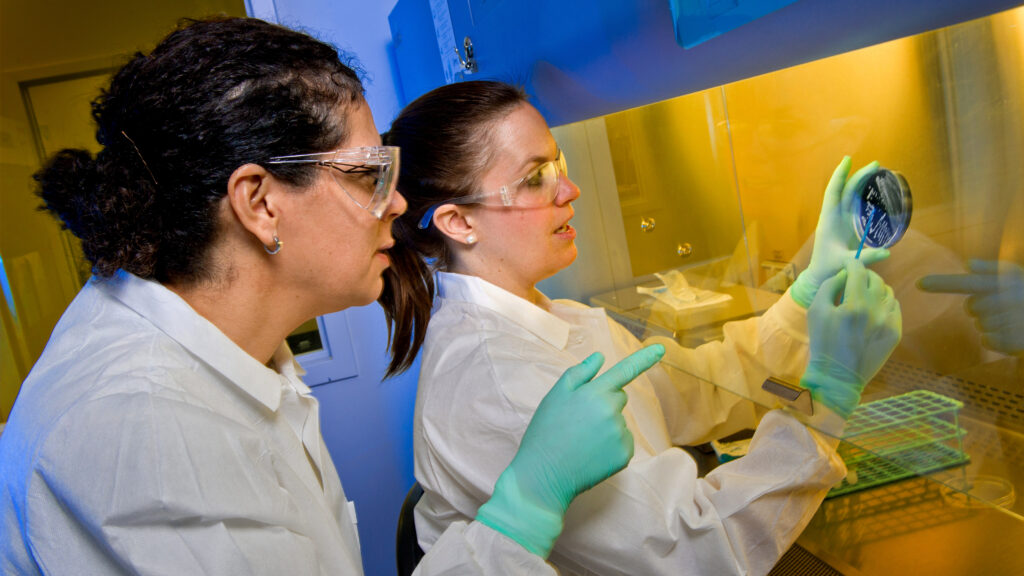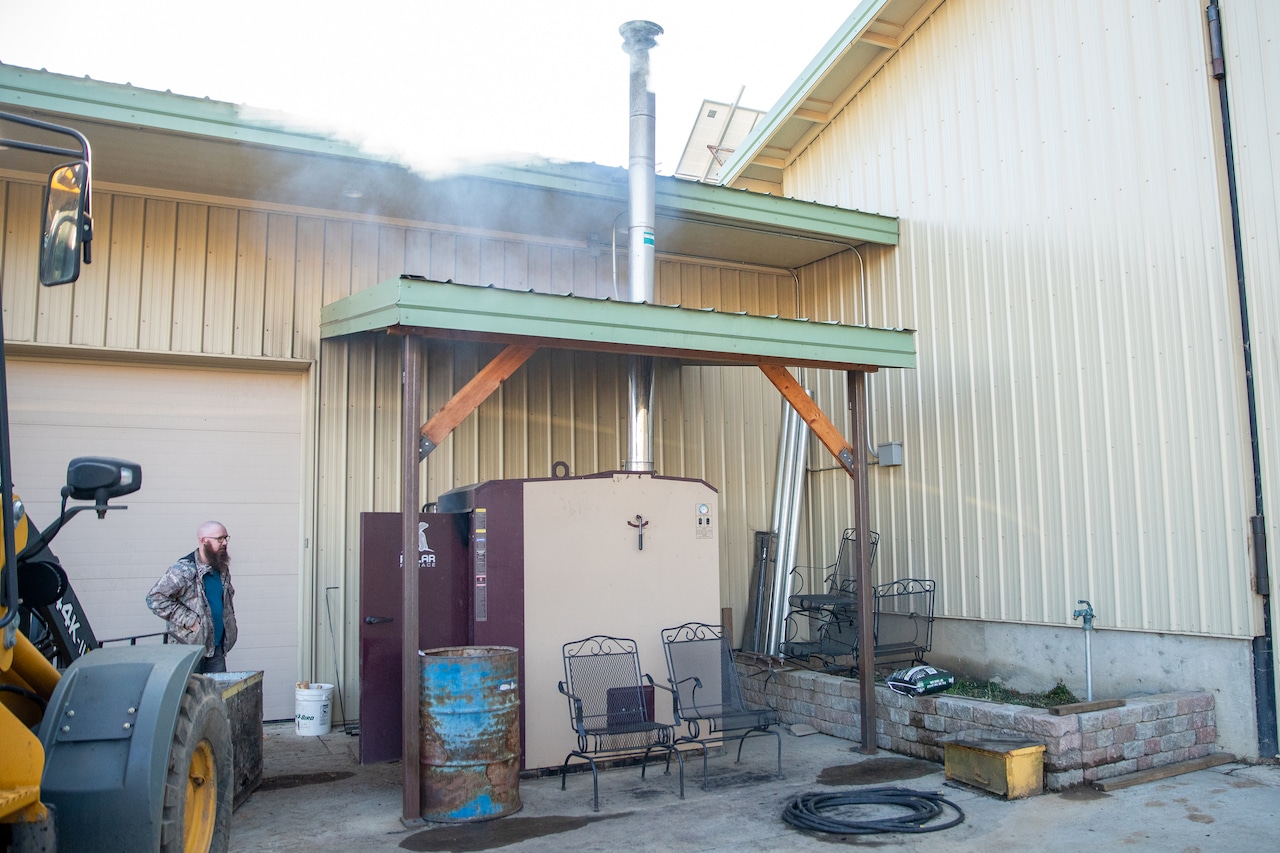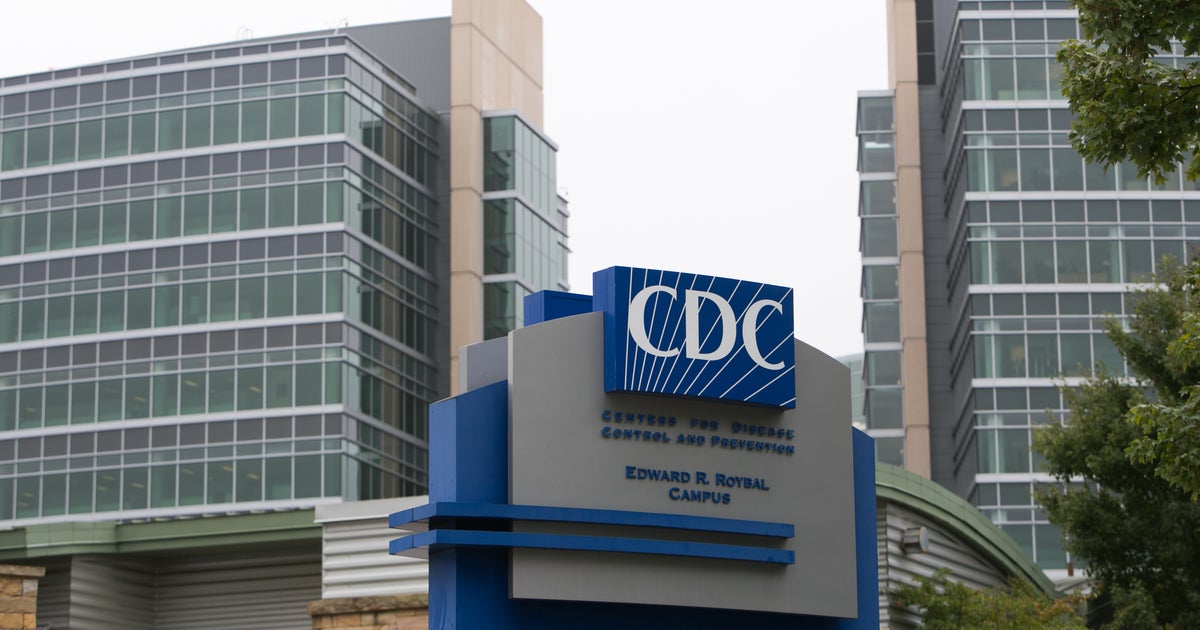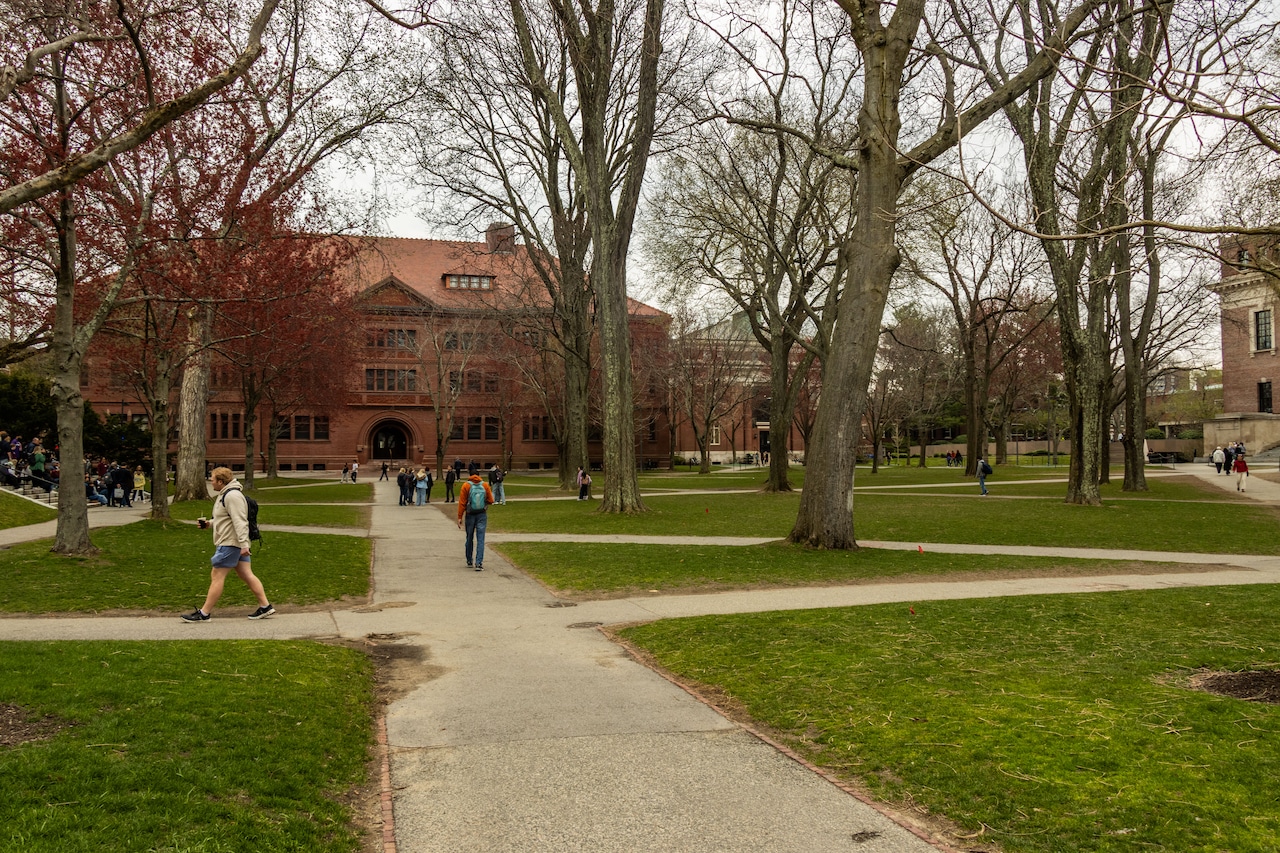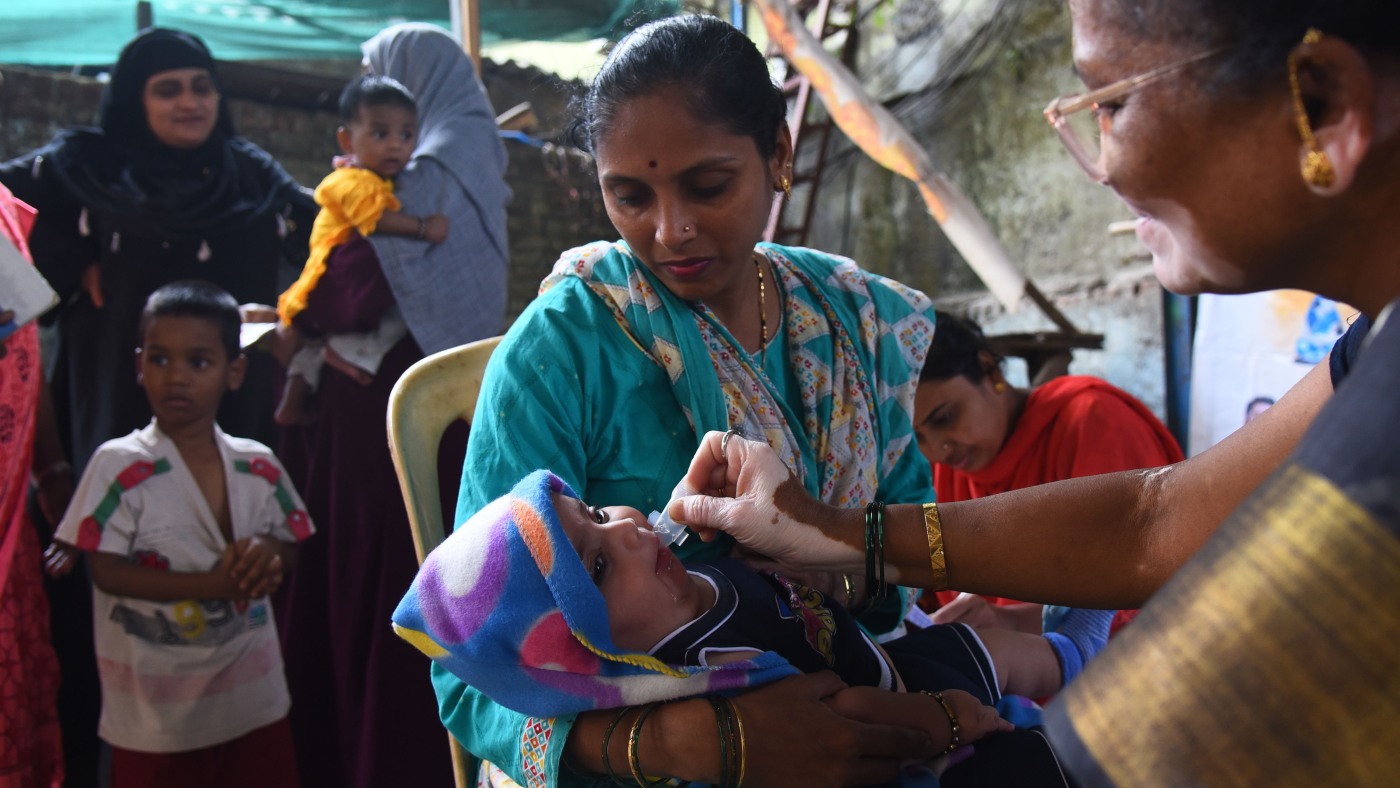When Disasters Strike: The Hidden Crisis of Delayed Cancer Screenings
Health
2025-04-14 09:39:00Content

A recent study reveals a significant decline in colorectal cancer (CRC) diagnoses in Puerto Rico during two major disruptive events: the devastating Hurricanes Irma and Maria, and the global COVID-19 pandemic. The analysis highlights how extraordinary circumstances can dramatically impact critical healthcare screenings and early detection efforts.
The research underscores the potential long-term health implications of interruptions to routine medical care. When natural disasters and public health emergencies strike, they can create substantial barriers to cancer screening and diagnosis, potentially leading to delayed detection and more advanced disease stages.
Researchers found that the number of CRC diagnoses dropped notably during these periods, suggesting that healthcare access and preventive medical services were severely compromised. This decline raises important questions about maintaining consistent medical screening and early detection protocols during times of widespread disruption.
The study serves as a critical reminder of the importance of resilient healthcare systems that can continue essential screening services even under challenging circumstances, ultimately protecting public health and improving cancer outcomes.
Unraveling the Silent Impact: How Natural Disasters and Pandemic Disrupted Cancer Screening in Puerto Rico
In the wake of unprecedented challenges, Puerto Rico's healthcare landscape experienced a profound transformation during the tumultuous periods of Hurricane Irma, Hurricane Maria, and the global COVID-19 pandemic. These extraordinary events not only tested the resilience of the island's infrastructure but also dramatically altered the trajectory of critical medical diagnostics, particularly in the realm of colorectal cancer detection.Revealing the Hidden Healthcare Disruption: A Critical Analysis of Cancer Screening Patterns
The Catastrophic Convergence of Natural Disasters and Global Pandemic
Puerto Rico's healthcare system confronted an unprecedented series of challenges that fundamentally reshaped medical screening practices. The simultaneous occurrence of devastating hurricanes and the global pandemic created a perfect storm of disruption, significantly impacting routine medical diagnostics. Researchers meticulously analyzed the intricate patterns of colorectal cancer diagnoses during this extraordinary period, uncovering a startling trend of decreased detection rates that raised critical questions about healthcare accessibility and patient engagement. The complex interplay of environmental catastrophes and public health emergencies generated a unique medical landscape where traditional screening protocols were dramatically altered. Healthcare facilities struggled with infrastructure damage, limited resources, and overwhelming logistical challenges that directly influenced medical screening capabilities.Epidemiological Implications of Reduced Cancer Diagnostics
The observed decline in colorectal cancer diagnoses represented more than a statistical anomaly; it signaled a profound disruption in preventative healthcare mechanisms. Medical professionals and epidemiologists expressed significant concern about the potential long-term consequences of delayed screenings. The reduced diagnostic rates suggested that numerous potential cancer cases might have gone undetected during this critical period. Environmental and pandemic-related constraints created substantial barriers to routine medical examinations. Limited healthcare access, fear of potential virus exposure, and overwhelmed medical infrastructure contributed to a complex ecosystem that inadvertently suppressed cancer detection efforts.Psychological and Societal Dimensions of Healthcare Interruption
Beyond the clinical metrics, the diagnostic decline revealed deeper psychological and societal dynamics. Residents of Puerto Rico confronted multiple layers of uncertainty, navigating simultaneous challenges of natural disasters, pandemic risks, and potential health vulnerabilities. The collective trauma experienced by the population manifested in altered healthcare-seeking behaviors and increased medical hesitancy. Community resilience emerged as a critical factor in understanding these diagnostic patterns. The intricate relationship between environmental stress, public health emergencies, and medical screening demonstrated the profound interconnectedness of individual and systemic health experiences.Technological and Infrastructural Adaptations in Medical Screening
The unprecedented challenges catalyzed innovative approaches to medical diagnostics. Telemedicine platforms, mobile screening units, and community-based healthcare initiatives emerged as potential solutions to bridge the diagnostic gaps created by environmental and pandemic-related disruptions. Healthcare institutions rapidly developed adaptive strategies, leveraging technology and community engagement to maintain critical screening capabilities. These innovations represented not just temporary solutions but potentially transformative approaches to future medical service delivery.Future Preparedness and Healthcare Resilience
The comprehensive analysis of colorectal cancer diagnostic trends during this extraordinary period offered invaluable insights for future healthcare preparedness. Policymakers, medical professionals, and public health experts could leverage these findings to develop more robust, adaptable healthcare systems capable of maintaining critical diagnostic services during extreme circumstances. Strategic recommendations emerged from the research, emphasizing the need for flexible infrastructure, technological integration, and community-centered healthcare approaches that could withstand complex environmental and pandemic-related challenges.RELATED NEWS
Health

Global Health Frontiers: Gates and Indonesian President Chart New Pandemic Prevention Strategies
2025-05-07 05:56:56
